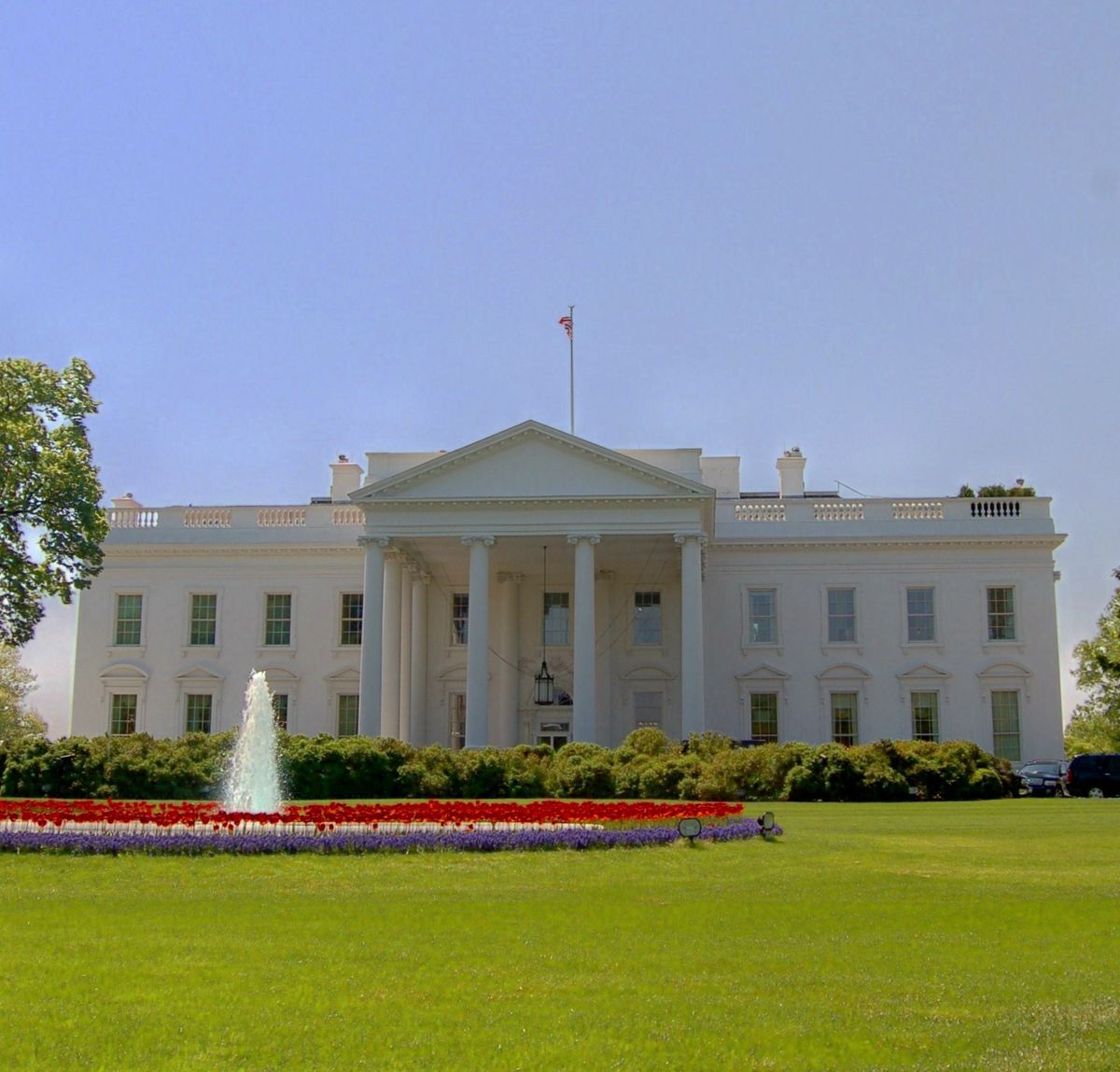A President and a War Power

The Obama administration has made the claim that the President has full authority to commit the United States to the war in Syria on the side of the opposition, without approval from Congress. That claim is patently false. In fact, President Obama himself disagreed with this position before his election.
In 2007, while still a senator, Mr. Obama observed “The President does not have power under the Constitution to unilaterally authorize a military attack in a situation that does not involve stopping an actual or imminent threat to the nation.” He was exactly correct, and his statement represented one of the many ways in which he promised to be a greater American leader than his predecessor. Unfortunately, Obama’s administration has not observed his own interpretation of the Constitution. It has held to the unconstitutional precedent set by prior administrations, including George W. Bush’s.
It is widely accepted that the executive has considerable authority to respond to an attack or serious threat to the United States without waiting for Congressional approval. However many administrations, including Obama's, have gone so far as to claim that the President has the authority to launch wars at his own whim.
Under President Bush, the Justice Department claimed that “The historical record demonstrates that the power to initiate military hostilities… rests exclusively with the President.” First of all, a historical record hardly proves something is right – a crime doesn’t become legal if you have gotten away with it in the past. More importantly, the Constitution plainly states that the President does not have the power to initiate military hostilities. Article I, Section 8 states that only “The Congress shall have Power... To declare War.” The President simply serves as “Commander in Chief” of the Armed forces.
Why would war-making be so bizarrely different from standard American governing practice, where the peoples’ representatives set the course of the country, and the Executive pursues that course? Why would the Framers give Congress a completely meaningless power to declare war? Why didn’t the Framers mention the Executive’s sweeping war-making powers? These are the absurd questions raised by the Executive’s legal arguments. The truth is obvious – war-making is not fundamentally different from typical American governance, where Congress makes laws and the Executive enforces them. In the same manner, Congress is supposed to approve all decisions to go to war, and the President is supposed to pursue those decisions.
The power that the Executive claims gives a single man the power to commit our entire nation to war on a whim. That is not a fantastic claim, either. Under the legal camouflage of his inherited claim to “exclusive” war powers, our President Obama is now committing our nation to multiple new military engagements per year. In the past year we have launched military engagements in Libya and Somalia without meaningful Congressional approval, and those are only interventions that we know of.
It is ironic that President Obama would call for Congressional approval of military intervention in Syria, considering his established record of unauthorized military intervention. Perhaps he has been haunted by memories of his former self – the Constitutional Law professor that rejected the notion of an all-powerful Executive.
